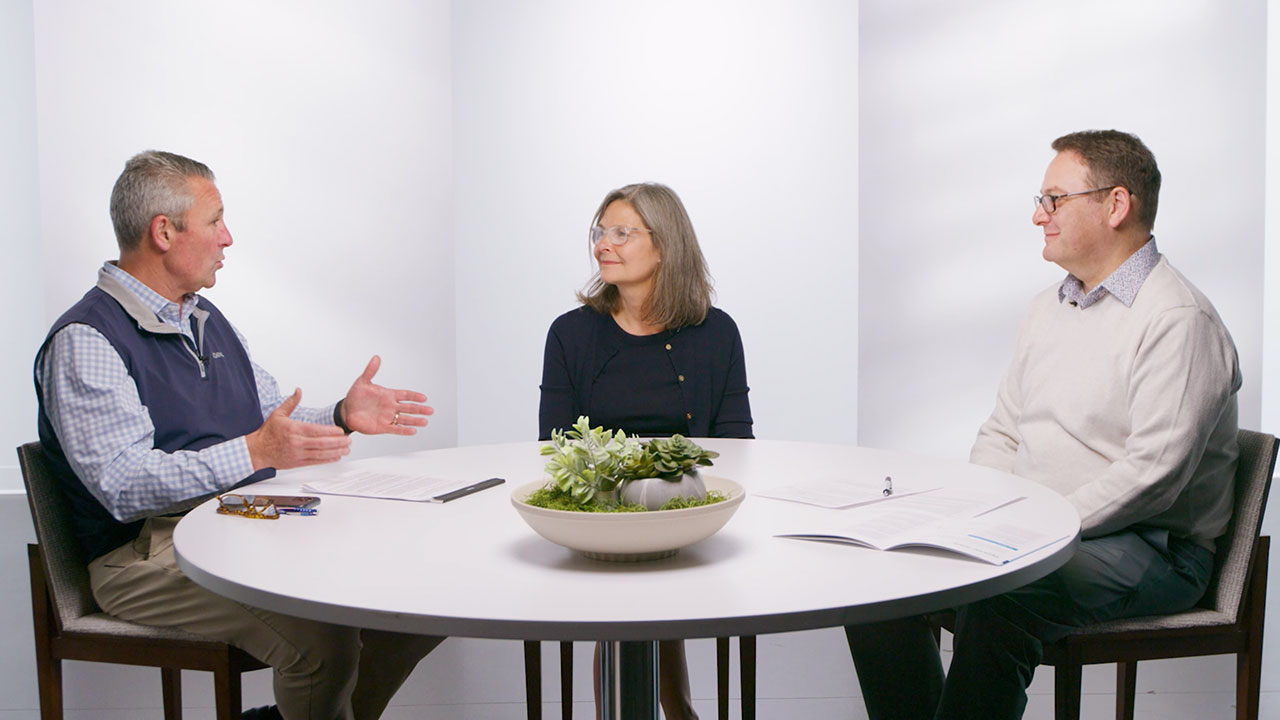什么是基于原则的管理?
基于原则的管理™(PBM)是一个基于人类进步原则的框架,它通过为他人创造卓越的价值,使个人和组织能够长期成功。
采用基于原则的方法可以让每个人都自由地思考和创新,而不是盲目地遵循指示。它创造了一个环境,让每个员工都知道该怎么做才能最大限度地创造价值,并且有动力在不被告知的情况下去做。
基于原则的管理鼓励创业、发现和转型。我们的原则指导着我们所做的一切,从业务/团队愿景到员工绩效评估。
应用原则意味着什么?
原则是指导我们的思想、行为和行动的基本、主要或一般法则或真理,使我们能够长期成功。原则普遍适用,而详细的规则和方法只适用于特定的应用。
应用原则需要我们每个人都具有协作精神并使用判断力。当你接近你工作的任何方面时,首先要问:“哪个原则应该指导我?你有意应用这些原则,然后评估结果。你学到了什么?你会做出哪些调整?谁能从你获得的知识中受益?
采取基于原则与基于规则的方法
这些例子表明,如果某人对他们的工作采用基于原则的方法或基于规则的方法,他们可能会想什么或说什么。
- 日常工作
- 效果不佳
- 良好的结果
- 意想不到的事情
原理简述
For decades, Koch has emphasized the importance of understanding and applying principles of human progress. Nobel laureate F.A. Hayek concluded that uncovering these principles was “perhaps the greatest discovery mankind ever made.” When practiced correctly, they promote peace, civility, mutual benefit, opportunity, success and enable people to live a life of meaning.
Before this discovery, rulers throughout human history enforced a top-down and arbitrary rule-based system of control that made the human experience miserable. Nearly everyone was born in poverty, lived in poverty and died in poverty. The average life expectancy hovered between 30 and 40 years.
It was only when principles of human progress began to be applied around 1800 that people’s lives dramatically improved. As millions of people gained the opportunity to more fully live as they saw fit, they began applying their abilities and knowledge to improve their lives by helping others improve theirs. While there will always be room for improvement, most people are healthier, wealthier and happier than ever before.
The application of these principles in societies has greatly improved well-being, but there has not been a similar transformation in organizational management. Whether intentional or not, leaders who use prescribed, detailed rules and directives behave as though they don’t need to motivate their employees or benefit from their knowledge and ideas. Those who think they have all the answers push only their own ideas and require standardization because they assume most people don’t have much to offer.
At Koch, principles of human progress guide everything including visions, strategies, policies, practices, partnerships, investments and performance evaluations. These principles encourage entrepreneurship, discovery and transformation. They apply universally, whereas detailed rules and methods only work in specific applications under certain conditions, and even then tend to stifle motivation and creativity.
A principle-based approach is not an absence of rules. But when policies, processes or procedures are necessary, they must be judged against general principles. We expect them to be continually challenged and improved – or eliminated when they undermine progress.
In keeping with Our Values, we comply with all laws and regulations. If, however, we find any of these rules to be counter-productive, we advocate for principle-based policies and try to persuade authorities to adopt them. Regardless, we fully comply with existing laws.
Internal audits are an important example of how the same activity can look quite different depending on the approach. Rule-based audits focus on enforcing conformity and finding violations. When principle-based, the focus is on learning what works and what doesn’t so that both employees and the business can improve.
The transformation of Koch began by applying principles that gave our employees the opportunity to transform themselves. We recognize, as Hayek did, that when we empower and motivate employees rather than try to control them, they are better able to contribute and transform Koch. We believe everyone, regardless of education or background, has the ability and knowledge to contribute, each in their own way.
Setting expectations according to general principles without prescribed, detailed directives or rules is core to our culture and long-term success. It frees everyone to think and innovate – to develop different methods and solutions – rather than mindlessly follow instructions. It creates an environment where every employee has the opportunity to find the right role, knows what to do to maximize value creation and is motivated to do it without being told. This is a primary responsibility of every supervisor at every level.

